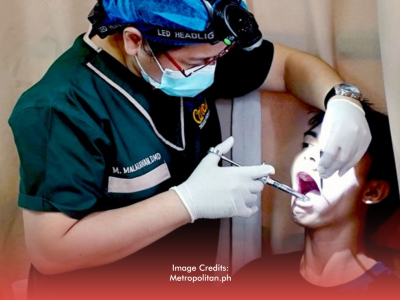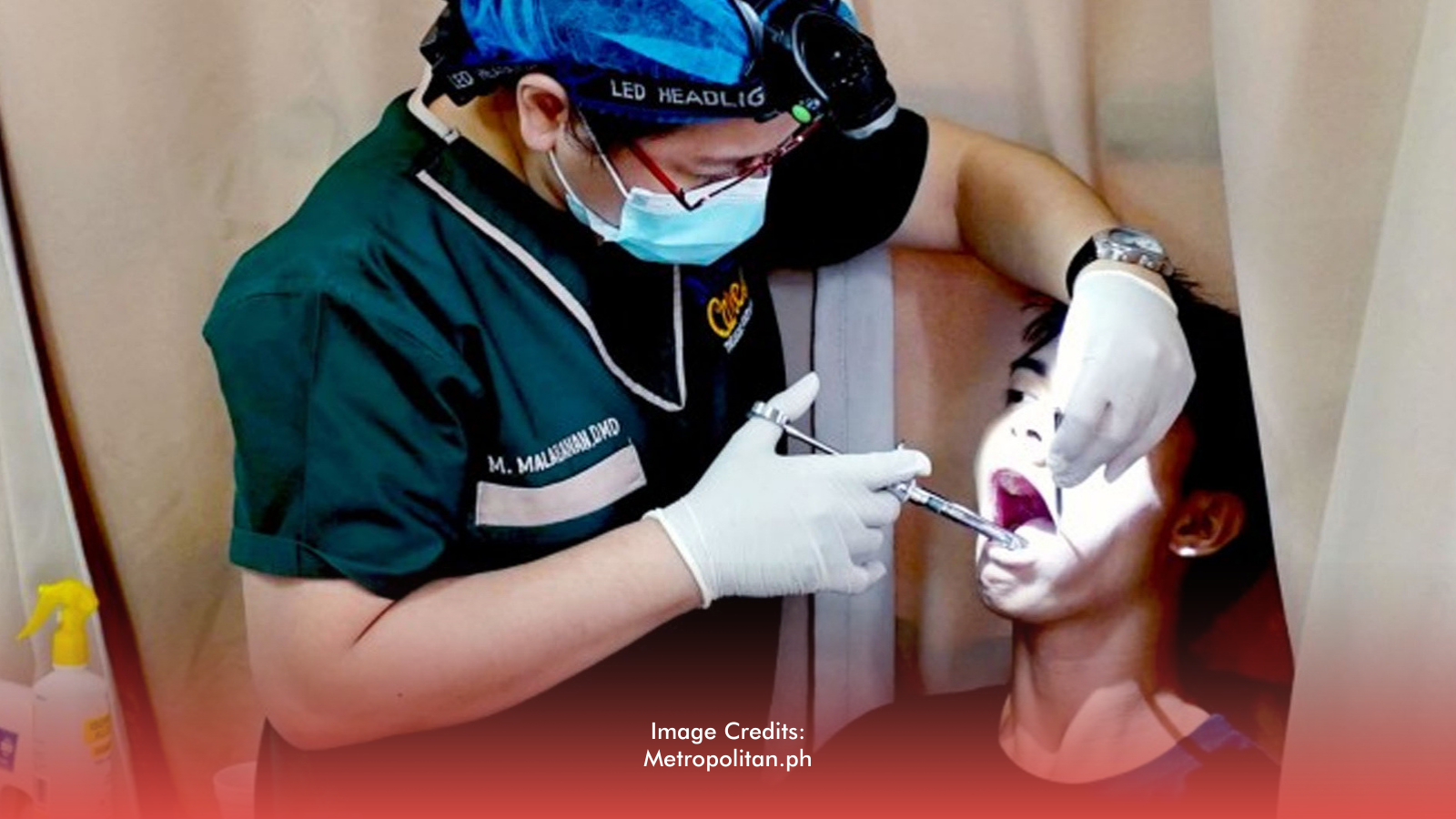The Department of Science and Technology - Advanced Science and Technology Institute (DOST-ASTI) is setting its sights on developing a resilient, inclusive, and people-centered AI ecosystem in the Philippines.
Speaking at a press conference in Quezon City, DOST-ASTI Director Franz de Leon introduced the agency’s new initiative: the Nexus of AI Research and Applications (NAIRA), launched last month. The project aims to expand AI access—especially for government agencies, MSMEs, and researchers—while encouraging collaboration and knowledge-sharing.
From 2025 to 2026, NAIRA plans to train over 600 individuals from the academic, public, and private sectors on AI fundamentals. The DOST is working with universities and regional innovation hubs to bring training, mentorship, and workshops nationwide. International and local partnerships will also help co-develop AI tools focused on healthcare, education, agriculture, governance, and other priority areas.
Expanding Access Through AI-as-a-Service
A key part of the strategy is the upcoming “AI as a Service” (AlaaS) platform. Set to launch a prototype by 2026, AlaaS will offer AI tools, models, and infrastructure that users can access easily—especially in the public sector. By 2027–2028, DOST-ASTI plans to enhance the platform with more datasets, improved models, and user-focused solutions.
Toward a Self-Sustaining AI Future
By 2029, DOST-ASTI envisions a self-sustaining AI ecosystem through the commercialization and licensing of AI tools, continuous innovation, and expanded industry partnerships. The platform will incorporate advanced technologies like generative AI and large language models.
“We want to ensure that AI adoption is ethical, socially impactful, and reaches even the most disadvantaged communities,” said de Leon.








